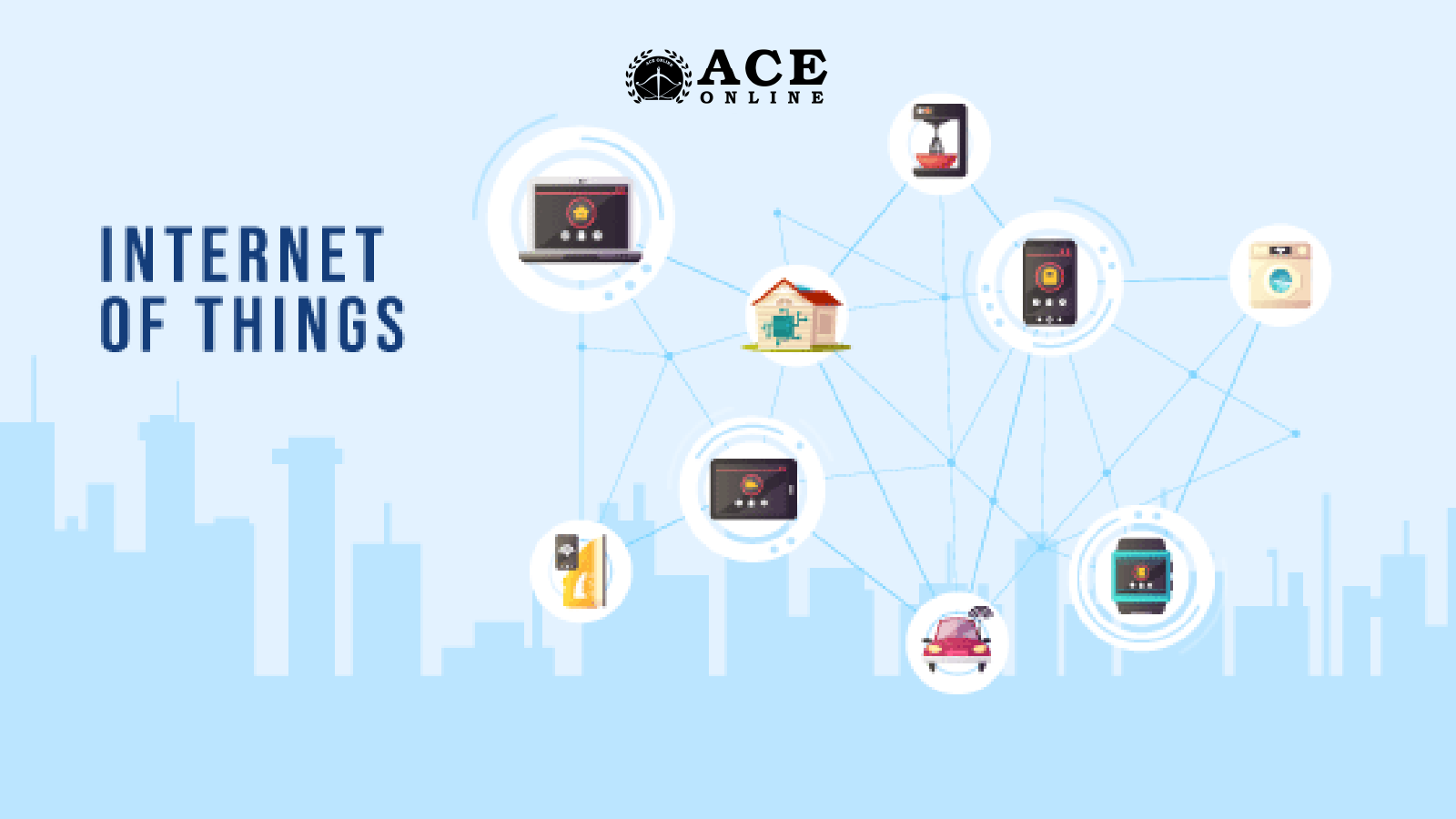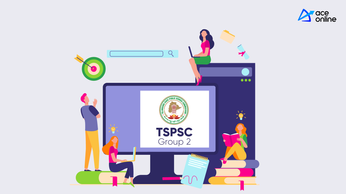
Aspiring Engineers Take Note! The Future is IoT
Here is an exciting post about today's one of the hottest topics – Internet of Things.
Have you ever used a fitness band or smartwatch? If yes, you would have noticed a daily report of your fitness status on your phone. It would show the distance you have walked, your sleeping hours, heartbeat rate, and a lot more. How did your phone get such a detailed summary? Let me explain. Your fitness band has an array of sensors such as a heartbeat sensor, accelerometer, magnetometer, motion sensor, and temperature sensor that record these data. The band then analyses and transmits the data to another connected device, in this case, your phone. With one click, you can see the health status of your body. Ta-da!
This network of devices is basically what we call the Internet of Things (IoT).
What is IoT?
While the internet implies human-human and human-device connections, the Internet of Things adds another dimension to networking, i.e., device-device connection. It is estimated that a greater number of devices are connected to the internet than humans. This means if the devices around us are interconnected – collecting, storing, and exchanging data to achieve a common goal – it can be termed as an IoT system. Remember the instances when you wish your glasses and wallet had sensors? Because you can’t remember where you kept them? With IoT’s emergence, such futuristic wishes are getting real and we are getting closer to a completely digitalized world. Our future is so promising with smart cars, smart cities, smart homes, e-health, smart farming, and all credit goes to IoT.
What are some applications of IoT?
It is not surprising that the National Intelligence Council identifies IoT as one of the six disruptive civil technologies that can cause huge changes in the near future [1]. The current applications of IoT can be seen in the Commercial, Industrial, Personal and Domestic sectors.
- Commercial & Industrial
We know that the commercial sector will be highly benefited from the applications of IoT. Here is the reason why. IoT can replace human interference in this sector to a great extent, thus making it nearly perfect. In a smart factory, for example, the data from sensors and machines are analyzed and shared within the ecosystem. Hence it is easy for people such as factory managers to monitor and manage the manufacturing process. The commercial and industrial applications of IoT guarantee high productivity, efficient utilization of resources, and flawless digital documentation of operational data. Smart manufacturing, smart logistics, e-agriculture, etc. are some other examples of IoT applications in the commercial sector. Companies such as Cisco, Intel, General Motors, etc. have successfully integrated IoT applications into their operations and others are following them.
2. Personal
From connected cars to digital health, IoT devices have revolutionized customer experience to another level. They offer smart choices to make life easier. For instance, you do not need to visit a doctor to know your health metrics, your fitness band is perfectly capable of doing so. These devices help millions of people keep track of their health data including calories burned, sleep patterns, and temperature. Another example is a cricket bat-sensor that detects whether the ball hit the middle of the bat or not when you play a cover drive. This information is then sent across to your phone where you can see details of your shots, from power to accuracy. Interesting. Isn’t it?
IoT has also changed the way people shop. Amazon Go outlets, for example, do not have a cashier or even a self-checkout station. Instead, when a product is placed in the shopping basket, that information is communicated to the Amazon Go app on your phone, and money is automatically deducted from your account.
3. Domestic
If you have watched the advertisement for Samsung smart refrigerator, you will understand how IoT can transform the domestic space. This particular fridge has features such as a personalized AI system, Bluetooth calling, screen, inbuilt cameras, all connected to your smartphone. You can see what’s inside your fridge on your phone anytime and your fridge will update your grocery list automatically. This sounds really cool. Isn’t it? A smart home is another popular application of IoT. It is a network of security devices such as CCTV cameras, smart locks, various sensors, and home appliances connected to the smartphone, where all the data is synced. Google Nest devices, for example, allows users to set heating, check in-house cameras and smoke levels from their smartphone. As time goes, these devices learn how they are used – and adapt accordingly without human supervision.
Scope of IoT in Engineering
Now, let's see why it is important for students, professionals, and parents to be updated about the new trends and opportunities that IoT offers. A basic IoT team includes an electrical engineer, a mechanical engineer, an industrial designer, an embedded systems designer, one back-end developer, one front-end developer, and a product manager. This pretty much sums up the scope of IoT in the field of engineering. The rapid growth of IoT in many sectors gives engineering students the chance to become a part of something exciting. With the concept of one connected world full of driverless cars and smart cities, engineers have unlimited possibilities to innovate.
A mechanical engineer and an industrial engineer have the chance to design machines and systems that are compatible with IoT technology while an embedded systems engineer can constantly push the boundaries to develop new sensors and chips for a variety of applications. Meanwhile, a network engineer can focus on the network technology that allows the embedded systems to communicate with each other. A software engineer has the opportunity to design and develop the UI and the backend of the system.
Oxford University, Beijing-Dublin International College, Florida International University, University of the West of Scotland, CIFF Business School etc. some of the top-ranked universities that offer courses in IoT. In India, BITS Pilani and NIELIT (New Delhi & Kerala) offer some courses for the same.
As an emerging paradigm, IoT offers smarter choices for everyone in every aspect of life. Companies are anxious to keep up their pace in the competition by being super innovative. They need talented people to help them tap the limitless possibilities of IoT. Students and professionals who want to be in the game should keep themselves updated about IoT’s diverse applications.
Subscribe our YouTube Channel for more updates https://bit.ly/3I1PDWs
For simple and smooth learning follow us on Facebook https://bit.ly/3uUG47W
Easy to learn, simple to remember follow us on Instagram https://bit.ly/3oTntVU
Download our android app to receive updates https://bit.ly/3HY20CS
Connect with knowledge by Download our windows app https://bit.ly/3LGyVOg
Think bigger, Learn Smarter, Download our iOS app https://apple.co/3LFzwzO
ACE Online Newsletter
Join the newsletter to receive the latest updates in your inbox.






